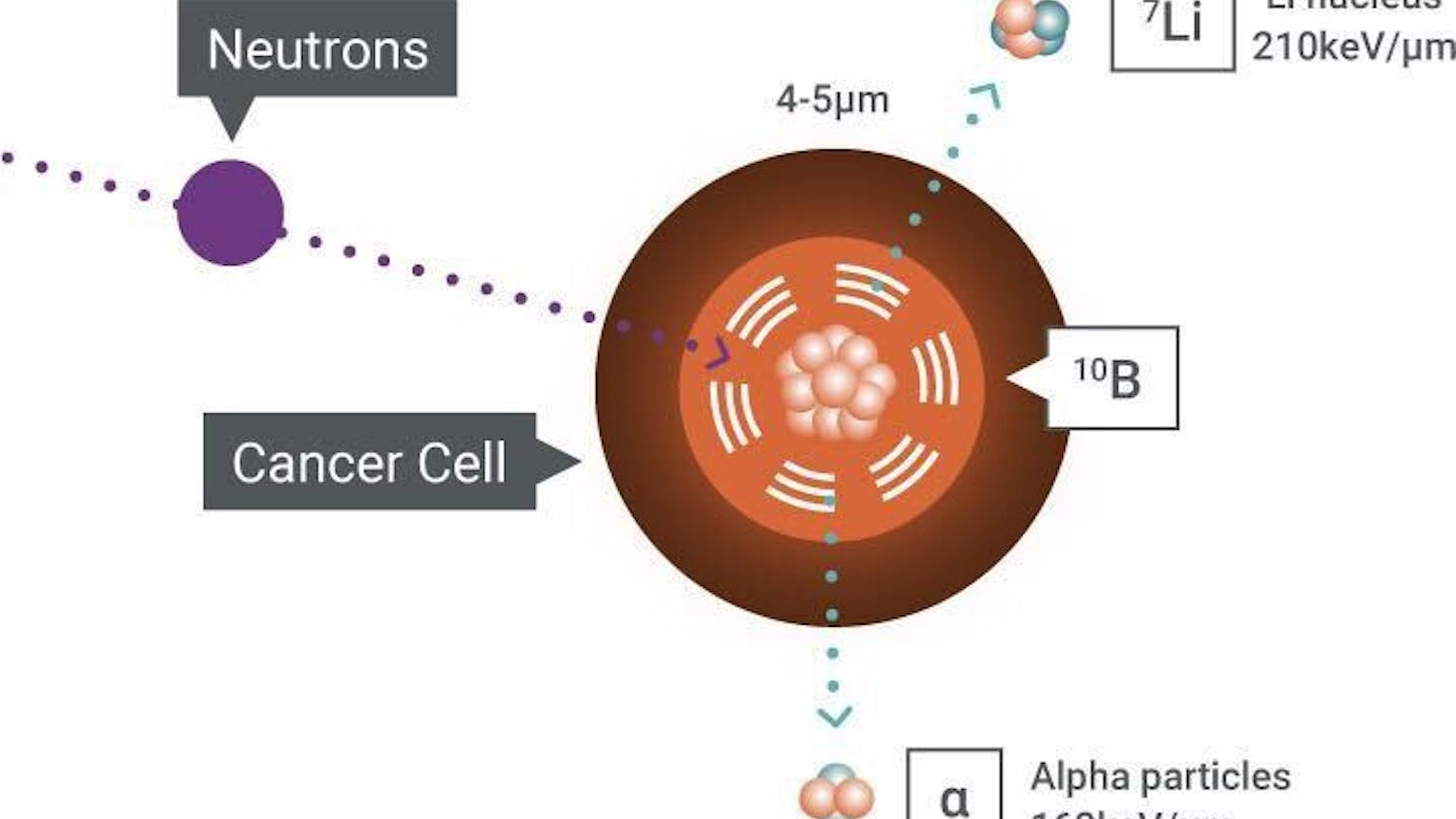Technology is advancing exponentially and the exciting field of genome editing is no exception. Scientists at the University of Wisconsin-Madison and the Morgridge Institute for Research are playing an essential role in ensuring the continued responsible development of this genome editing technology. They are exploring the intersection of genome editing technology and national security.
These scientists attended a three-day conference in Hanover, Germany on Oct. 11-13 with other bioethics and government experts to examine security questions relating to genome editing technology.
Genome editing is a type of genetic engineering that involves inserting, deleting or replacing DNA in a living organism using “molecular scissors”. DNA is the information code that makes up who we are and what we look like.
This rapidly developing technique of genome editing is more precise and efficient than ever. Using technologies like CRISPR-Cas9, gene editing could have huge implications for agriculture, medicine and the military. CRISPR-Cas9 is a novel “molecular scissors” tool that was discovered only a few years ago. It has unprecedented precision in its ability to cut genes and has been hailed as a revolutionary discovery and advance for the field of gene editing.
Dominique Brossard, chair of the Department of Life Sciences Communication at UW-Madison, explains that super-soldiers are a concern to many critics of gene editing. There is the possibility that national security could be put in jeopardy if militaries choose to genetically engineer super-humans. This may sound like science fiction or something out of a superhero comic book, but with the advent of gene editing, bioterrorism is a realistic threat.
When assessing the risks and concerns involved with gene-editing, it’s important to consider all the stakeholders and the gap between scientists and the general public. Brossard says when it comes to deciding what the risk of new technology is, “you may answer [a question] really well, but it’s the wrong question.” Scientists often examine the probability of a risk that a technology presents. The public is more concerned about every potential implication, however small the probability of the implication happening might be.
When it comes to stakeholders that need to be involved in conversations about gene editing technology, Brossard says, “[Stakeholders] would be any group who is concerned about the safety,” or “anyone that can potentially be impacted [by gene editing technology].”
For scientists, this is a daunting task. The list of stakeholders for gene editing technology is long because the implications of gene editing are so broad and far-reaching. Pilar Ossorio, Morgridge bioethicist-in-residence and UW-Madison professor of law, discussed other potential bioterrorism implications of gene editing in a news release.
“There are safety and environmental concerns about releasing an organism that has a gene drive into the wild,” Ossorio said in the news release, “But security experts also worry about a gene drive that could be used to gradually poison a food supply, or enable a mosquito to transmit more rather than less virus.”
It is important for scientists to involve the stakeholders now as these gene editing technologies develop and become more advanced and relevant. Preparing the public for a technology as significant and extensive as gene editing will take time and effort.
It will require scientists and communicators to engage the public. As Brossard said in her keynote speech at the conference, public engagement exercises have to go beyond just informing and consulting the public audience. Instead, the exercises should emphasize co-creating the knowledge that society needs for the emerging genome editing technologies.






